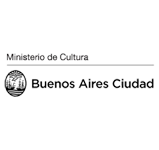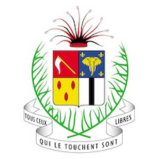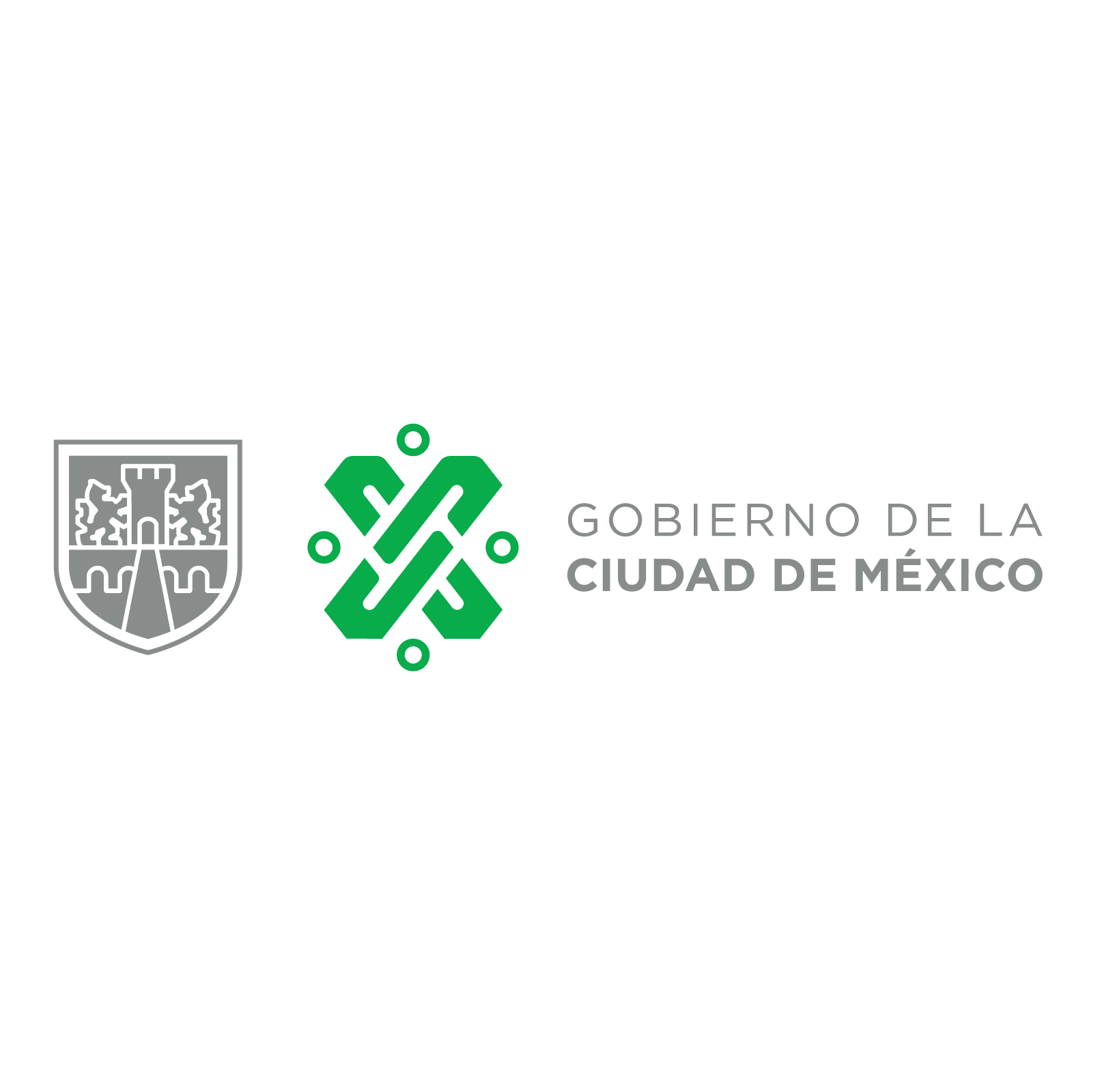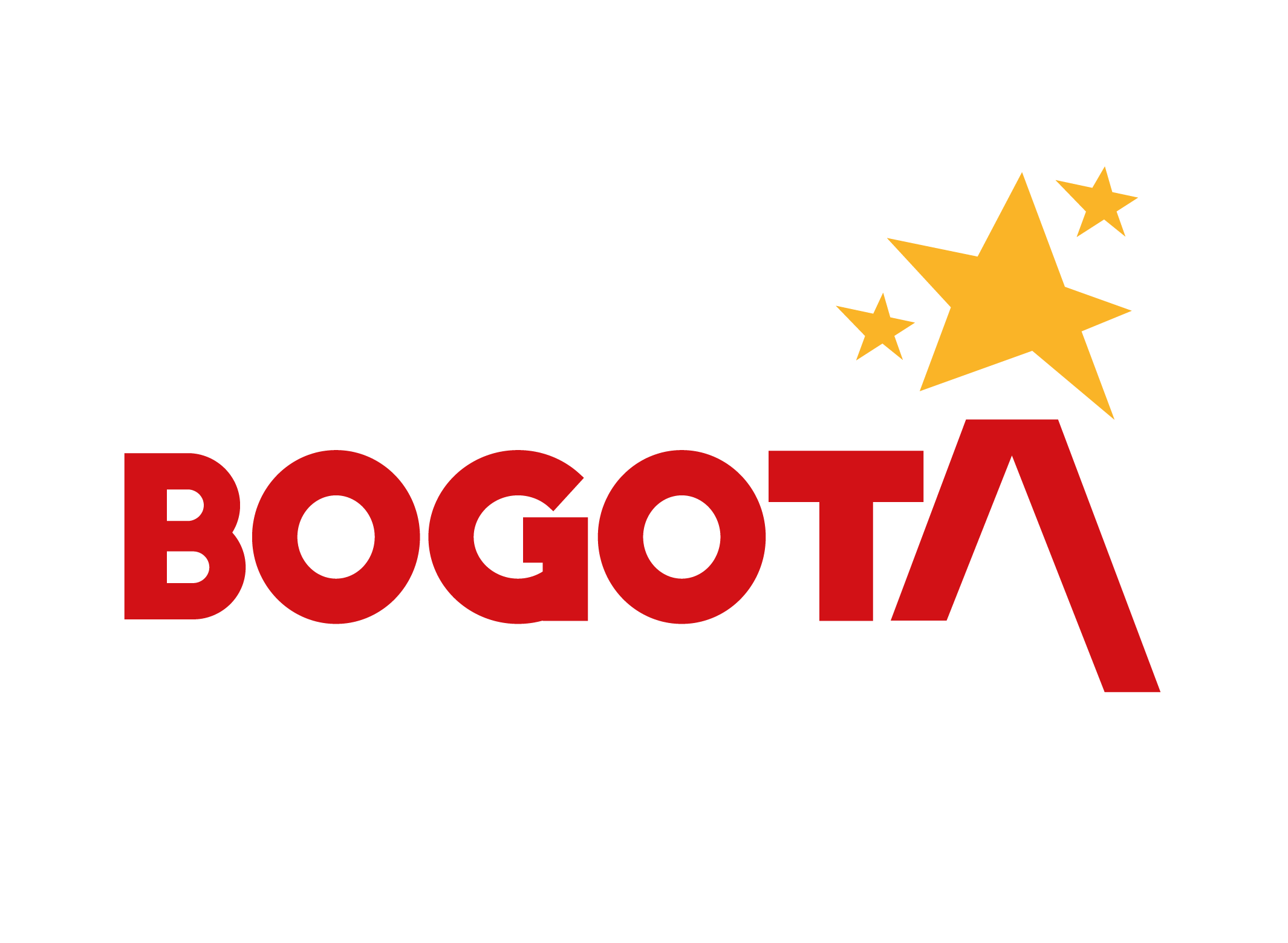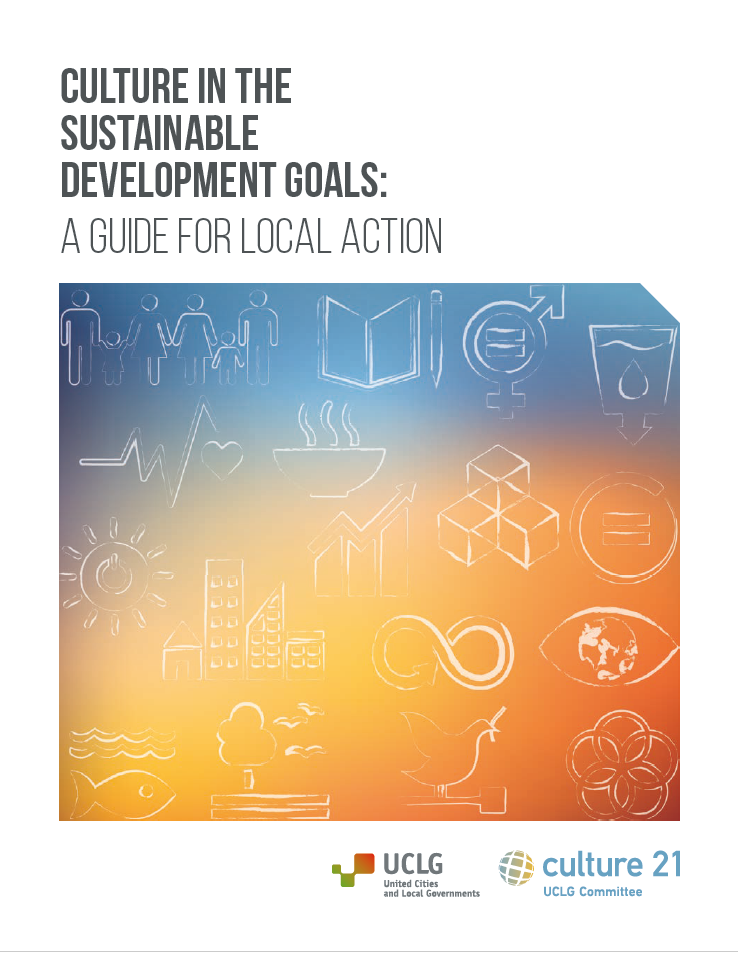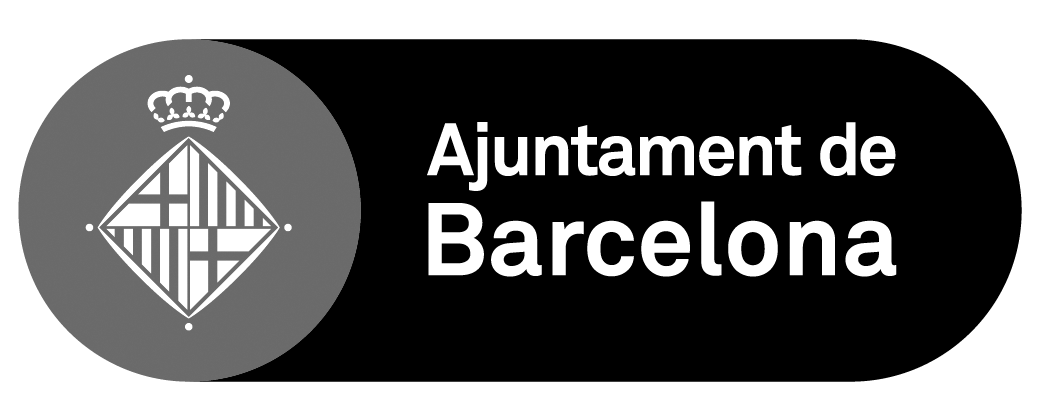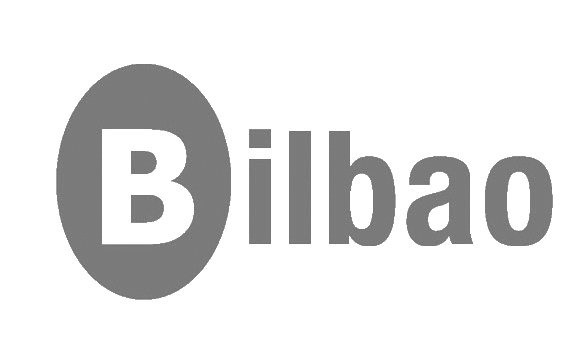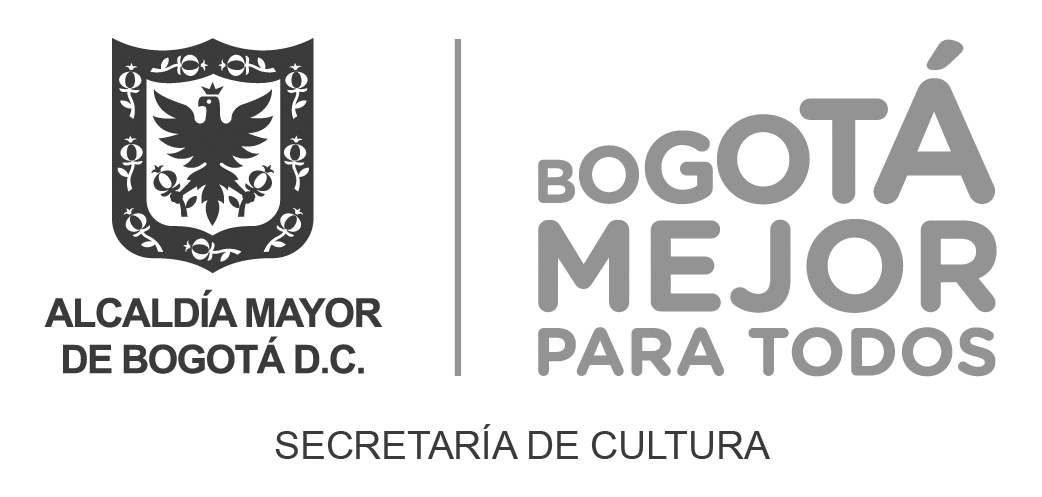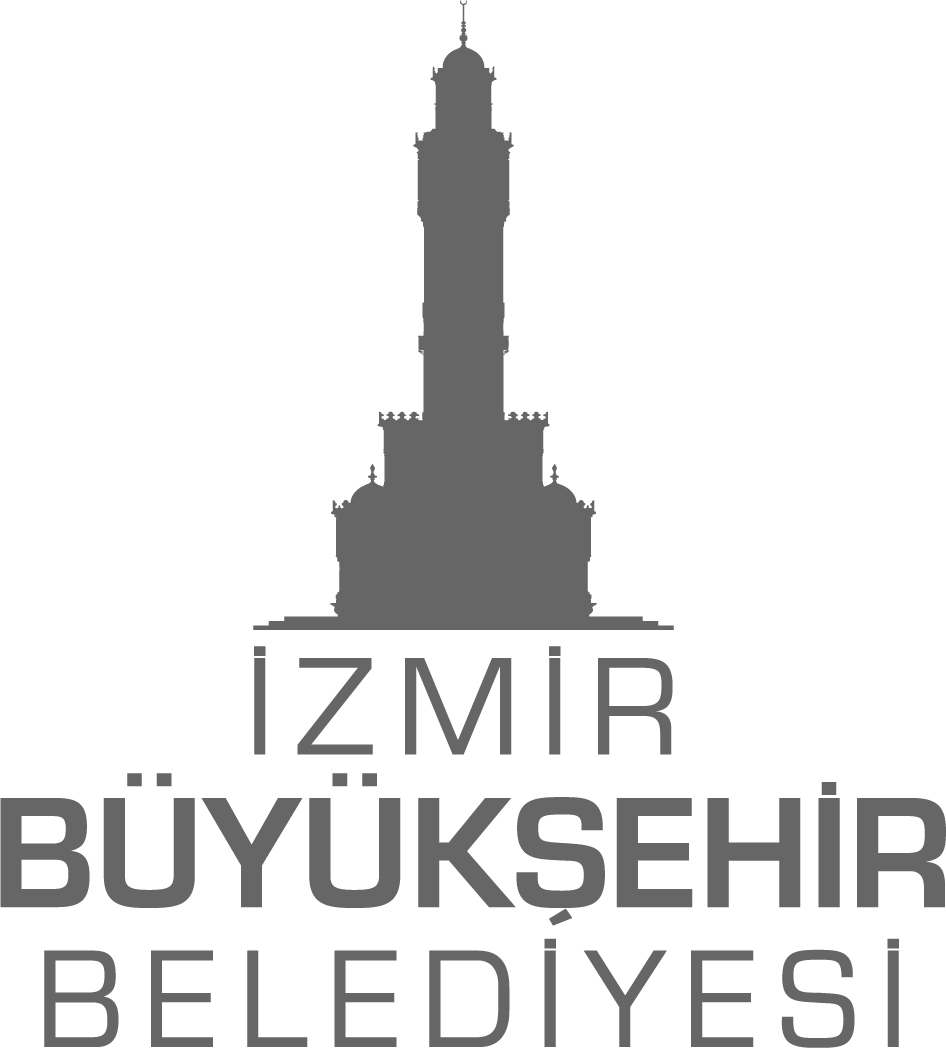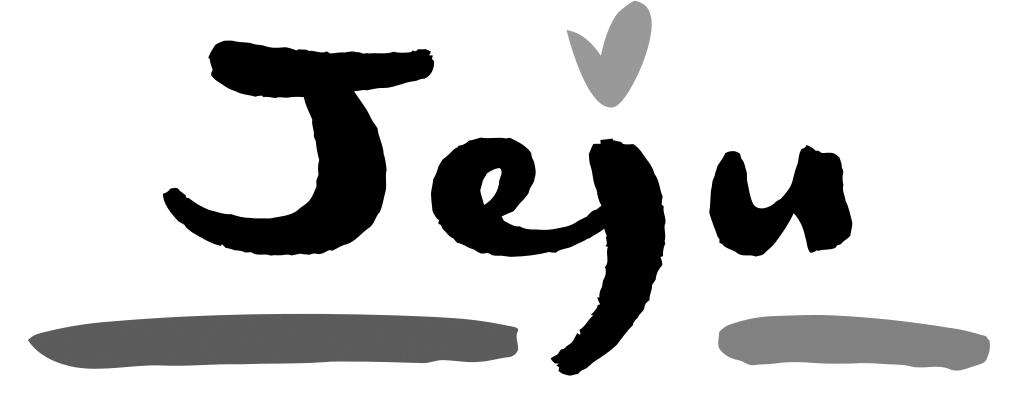You are here
Culture in the SDGs
Guide Culture in the SDGs
The UN 2030 Agenda for Sustainable Development is the global agenda on sustainable development. It includes 17 Sustainable Development Goals (SDGs) and 169 specific targets. This is, indeed, a global agenda, the aims and themes of which should be taken into account in all world regions, countries and cities.
The 2030 Agenda amounts to a minor step forward in the consideration of cultural aspects in sustainable development.
In the context of our advocacy work, and aiming at the full localisation and implementation at the local level of the UN 2030 Agenda for Sustainable Development, the Committee on Culture of UCLG published (May 2018) the document "Culture in the Sustainable Development Goals: A Guide for Local Action".
The document provides practical guidance to local and regional governments, civil society organisations, private organisations, culture and development professionals, and other stakeholders that are involved in strengthening partnerships, policies, projects and practices around the place of culture in the achievement of the Sustainable Development Goals (SDGs).
The document is structured on the basis of the 17 SDGs. Under each Goal, the document presents information that helps to understand why culture is relevant and how this connection can be made effective at local level, including in areas where connections may only be implicit, and offers several examples of cities or local governments which have implemented projects, programmes and policies that are directly related to the Goal area.
“Culture in the Sustainable Development Goals: a Guide for Local Action” builds on the work of the UCLG Committee on Culture, especially the toolkit Culture 21 Actions, the global database of good practices called OBS on culture, cities and SDGs, and the advocacy campaign #culture2015goal which has been run together with several partner international cultural organisations and networks.
We invite all cities, local governments, local and national stakeholders, activists, academics and experts to read and share this publication.
